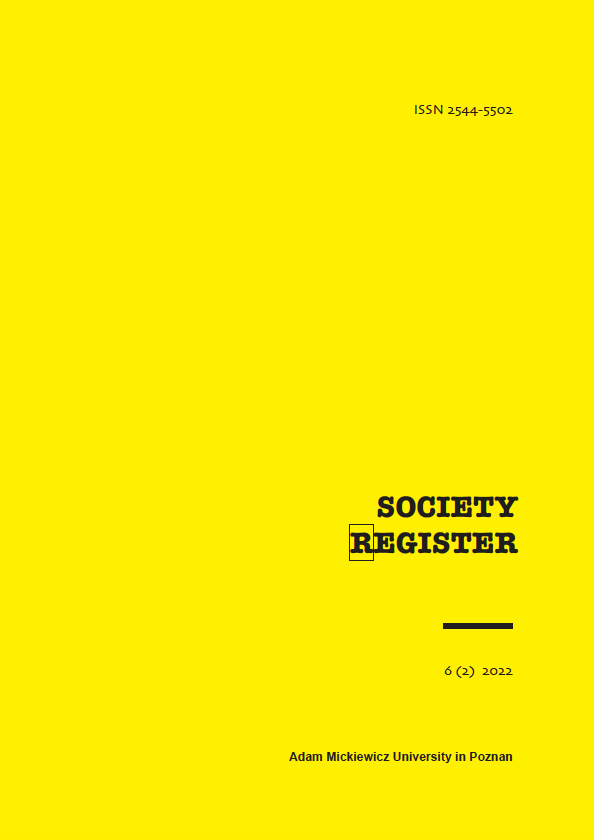Childhood Sexual Abuse (CSA): moving past the taboo and into the postcolonial
Childhood Sexual Abuse (CSA): moving past the taboo and into the postcolonial
Author(s): KORINNA MCROBERTSubject(s): Studies in violence and power, Victimology
Published by: Uniwersytet Adama Mickiewicza
Keywords: childhood sexual abuse (CSA); taboo; childhood studies; history of childhood; postcolonial theory; othering; stigma;
Summary/Abstract: This paper defines the practice of childhood sexual abuse (CSA) specifically, explaining the choice of words and giving accepted definitions, as well as offering a definition of its own, i.e. that CSA is the disempowering and overpowering of children through sexual means. The paper aims to give an overview of the societal factors contributing to how CSA is framed and received in mainstream society. Throughout this piece of writing the concept of a taboo is used as an analytical category. The paper aims at presenting a wide-ranging view of the practice of CSA, using the writer’s main societal reference point, that of the Anglo world, specifically calling on examples from the United Kingdom (UK) to contextualise the argument. The discussion frames CSA as a taboo, illustrating this through historical inquiry, with a focus on the evolution of morality surrounding the sexuality of children and the nature of acceptable sexual relations during the period of childhood. A (CSA) survivor perspective is offered in the form of personal biographical confession, as well as survivor narratives that are explored more broadly, pointing to those that society deems acceptable, or not. A triangulation between the taboo nature of the practice, the stigma it generates and the effect it has on childhood is drawn up. The impending effects of shame in processing CSA are explored in respect to disclosure and rehabilitation for those disclosing, but also for those being disclosed to, and society at large. Finally, a nuanced postcolonial approach is proposed, whereby CSA is framed as an invasion or overpowering of a body in much the same way one nation-state invades, land-grabs or takes legislative and governmental control over another landmass during the process of colonisation.
Journal: Society Register
- Issue Year: 6/2022
- Issue No: 2
- Page Range: 17-34
- Page Count: 18
- Language: English

